Share
“How can humanitarians benefit from the latest advances in data management to become even better at sharing and using data in times of crises?” This question was at the forefront of discussions at a July workshop co-hosted by OCHA and the International Federation of Red Cross and Red Crescent Societies (the Federation) in Dakar, Senegal.
The two-day ‘Data Skills Workshop’ brought together 45 data leaders, innovators, technologists and bloggers from more than 21 humanitarian organisations. The group engaged in a mix of hands-on-exercises, brainstorms, sketching and prototyping sessions to find solutions to some of our biggest data challenges.
The workshop had five goals: 1) establish a common language for data; 2) understand current practices for data visualization, data preparation and data analysis; 3) share best practices on how to engage with the open data community; 4) improve knowledge of data sharing and data protection; and 5) explore how HDX, the Centre for Humanitarian Data and the Dakar team can help the community meet its data needs.
Defining Top Data Skills
On the first day, participants were asked to list their own data skills on a whiteboard, as well as the skills they would like to learn. Most participants wished to enhance their capacity within the fields of data collection, analysis, visualization and mapping services. Some came with strong skills in GIS, data wrangling and basic statistics.
“By involving local stakeholders from various disciplines, we are able to build data capacity at a local level, leveraging their preferred networks and technologies.”
-Heather Leson, Literacy Lead at the Federation
Guido Pizzini from the Federation led an infographic training session covering design fundamentals that included a discussion on visualization simplification, visual hierarchy and layouts. To put the power of sketching and objective data analysis to the test, participants were asked to develop a mock-up from a dataset and apply the principles learnt during the plenary session.
Throughout the workshop, attendees emphasized the role of good data governance and policy. In a data lifecycle session, they addressed the various steps leading a project from design to completion and finally to data disposal and archiving. They considered potential risks and harms to identify ways of handling data responsibly. Participants underlined the importance of obtaining legal and data management advice at an early stage of a project to prevent running into unforeseen obstacles later on down the road.
A Growing Community
OCHA and the Federation will continue to support this growing community of data champions.
Some participants made plans to organise hackathons and small trainings through the Dakar team and with partners. We are working to develop a series of data skills training for countries in West Africa. We hope to soon offer trainings in other locations in Africa and in OCHA’s new Centre for Humanitarian Data in The Hague.
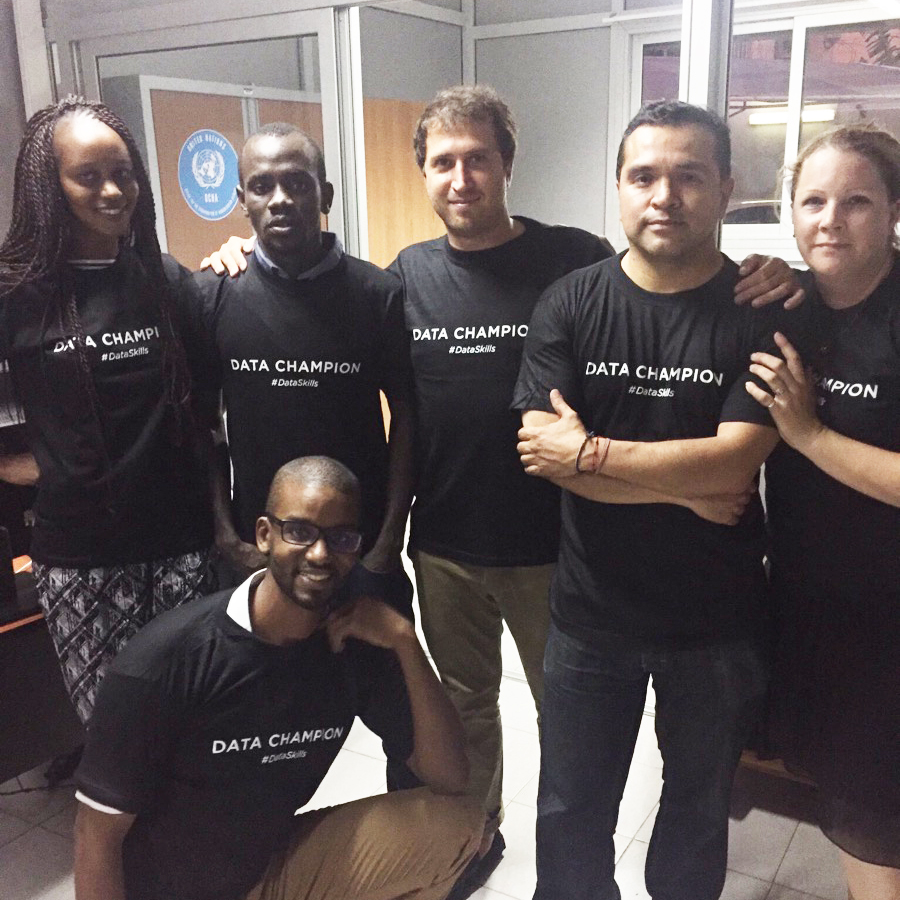
I was glad to have the opportunity to promote the services offered by the HDX Data Lab in Dakar. We at the lab are here to help partners with their data challenges and will continue to build on the great energy that was created during the workshop.
“I do not want this workshop to end,” said Andy Agbein King from Shalom International at the last day of the workshop.
Send an email to hdx@un.org if you want to learn more about how to get involved.
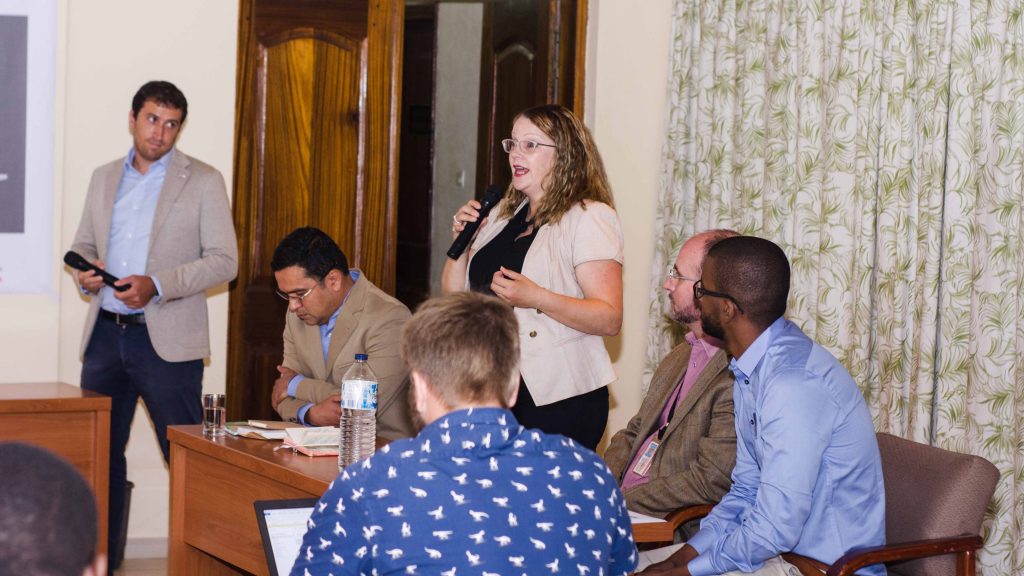
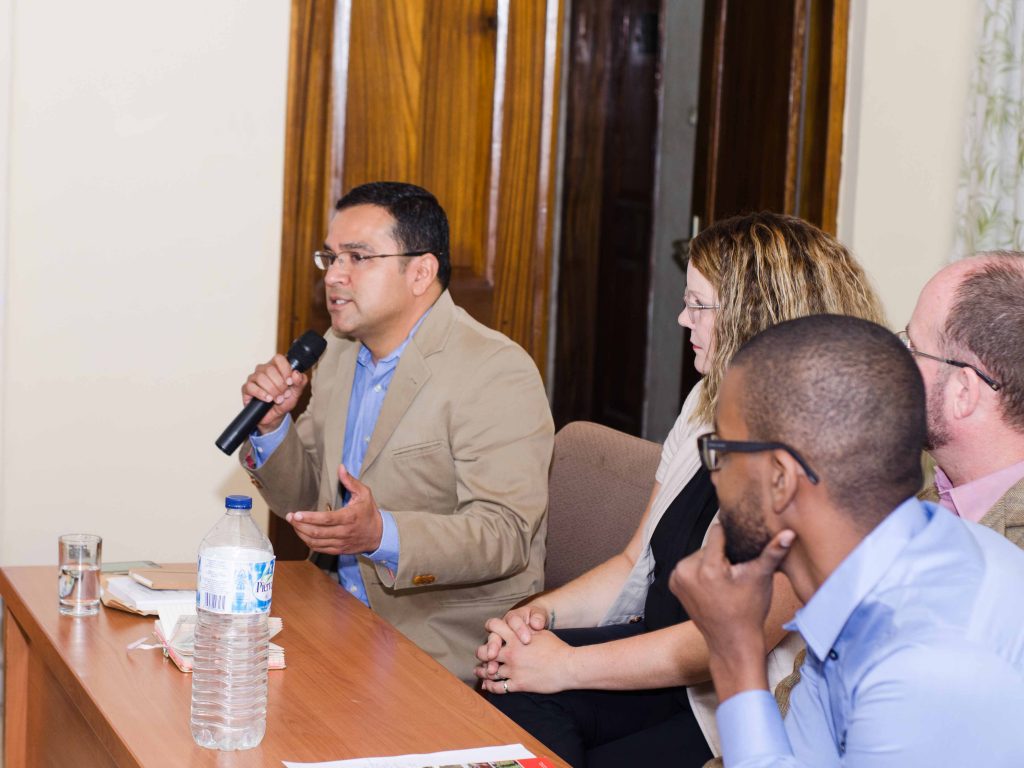
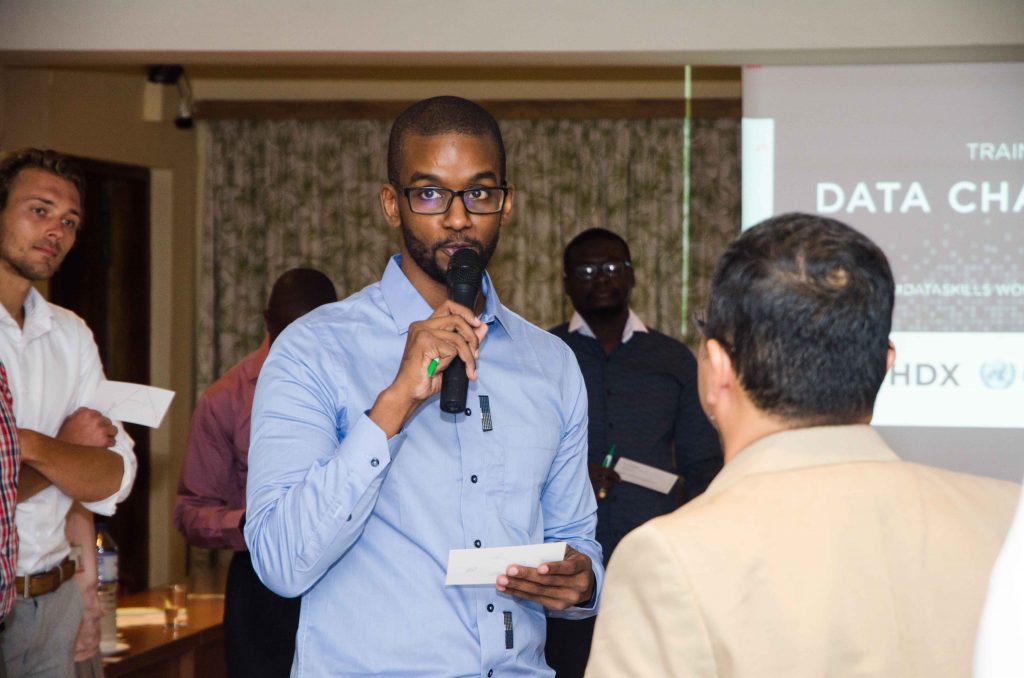
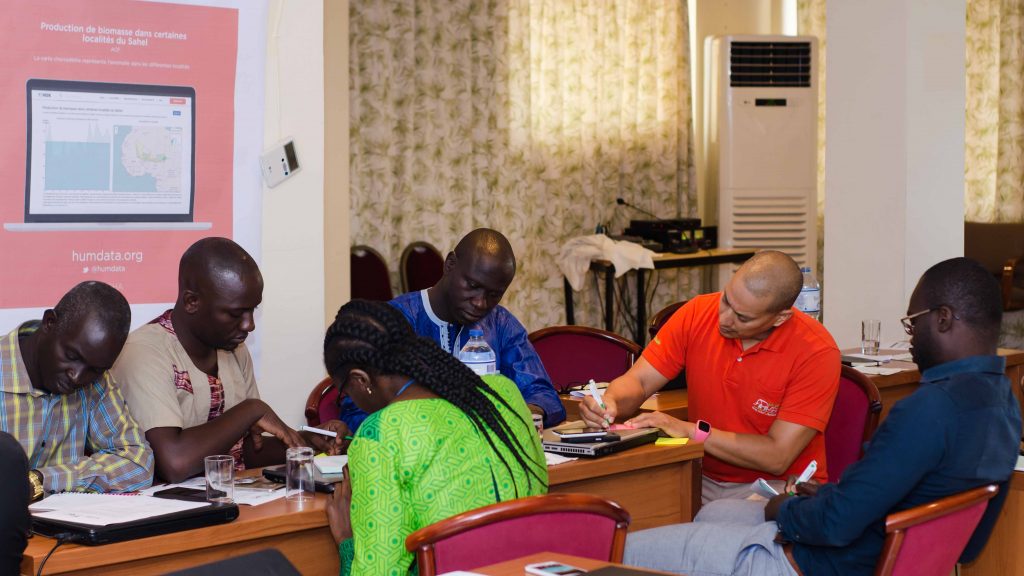
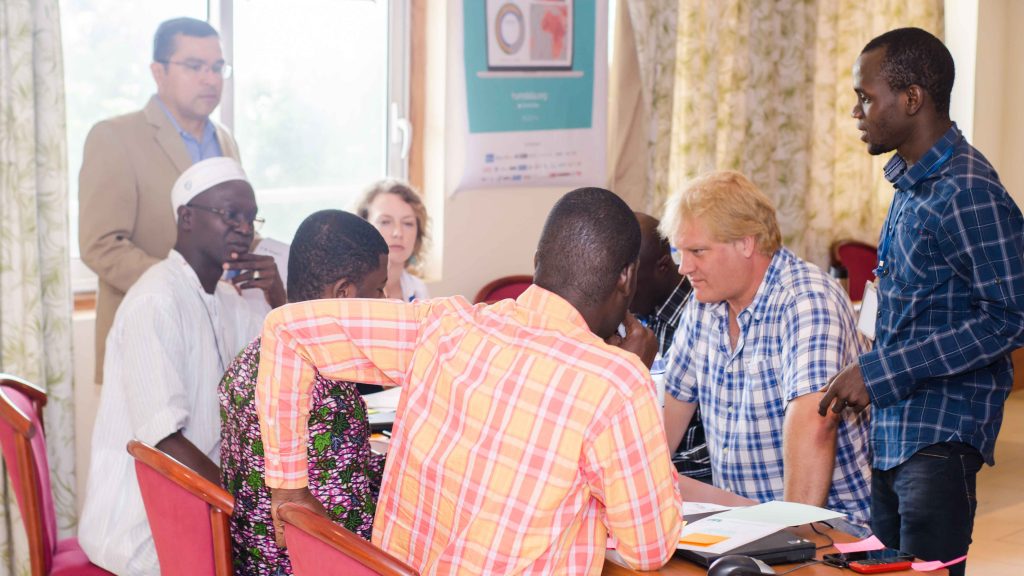
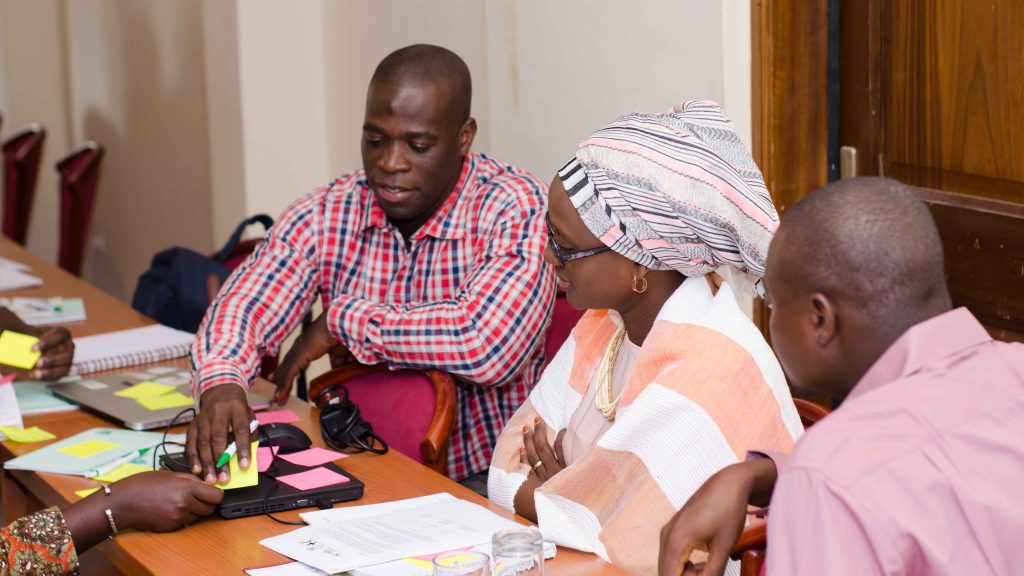
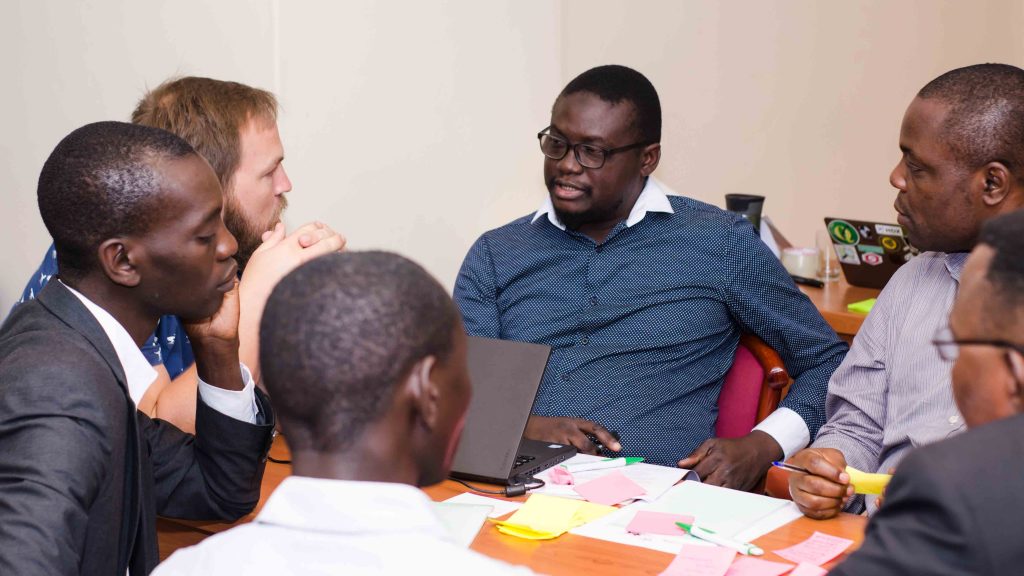
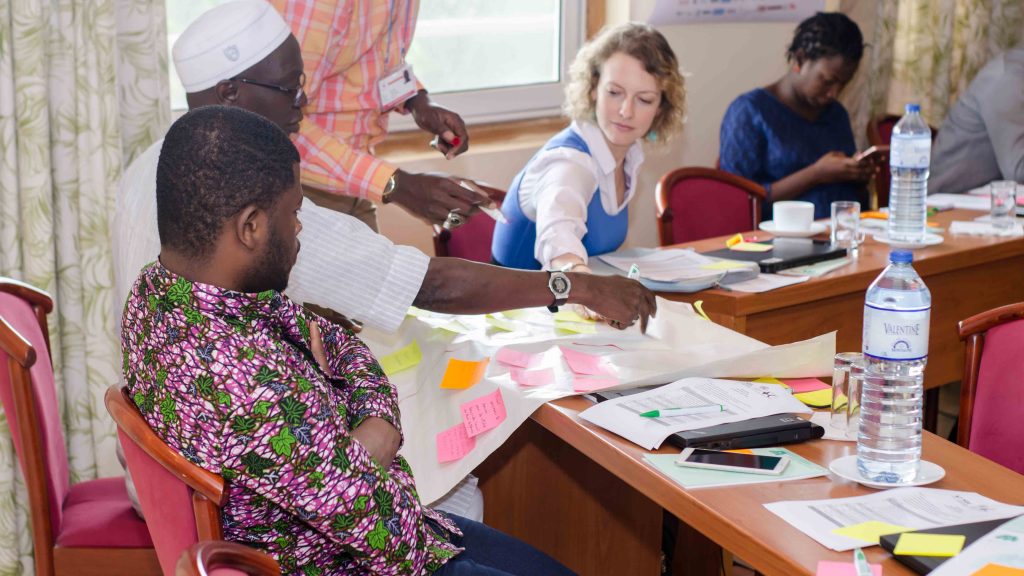
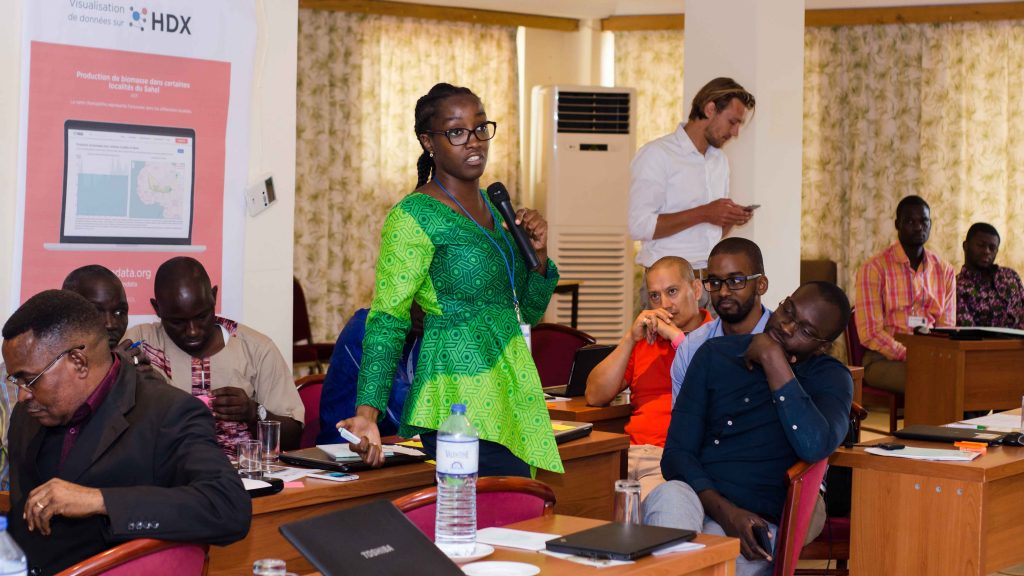
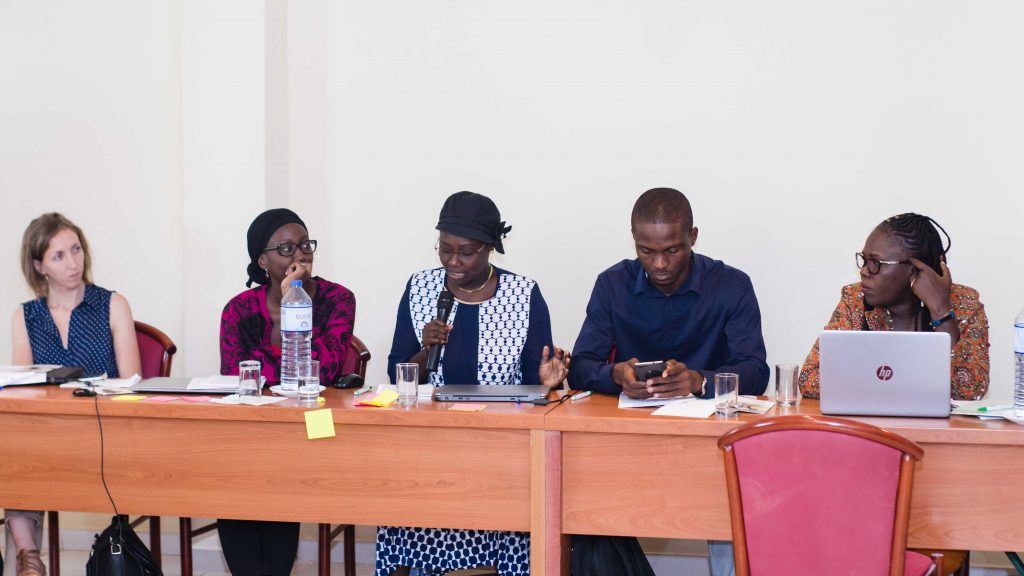
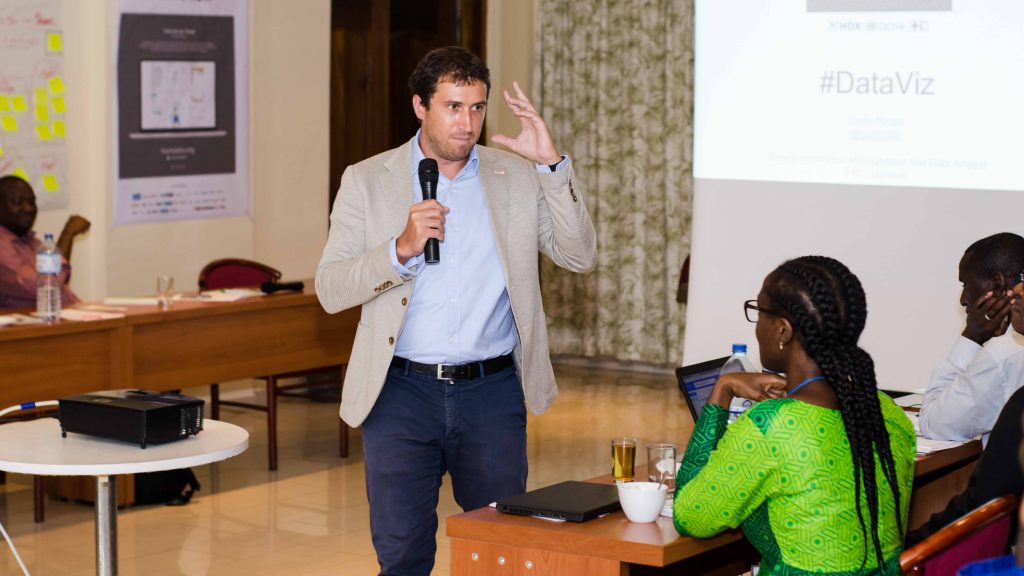
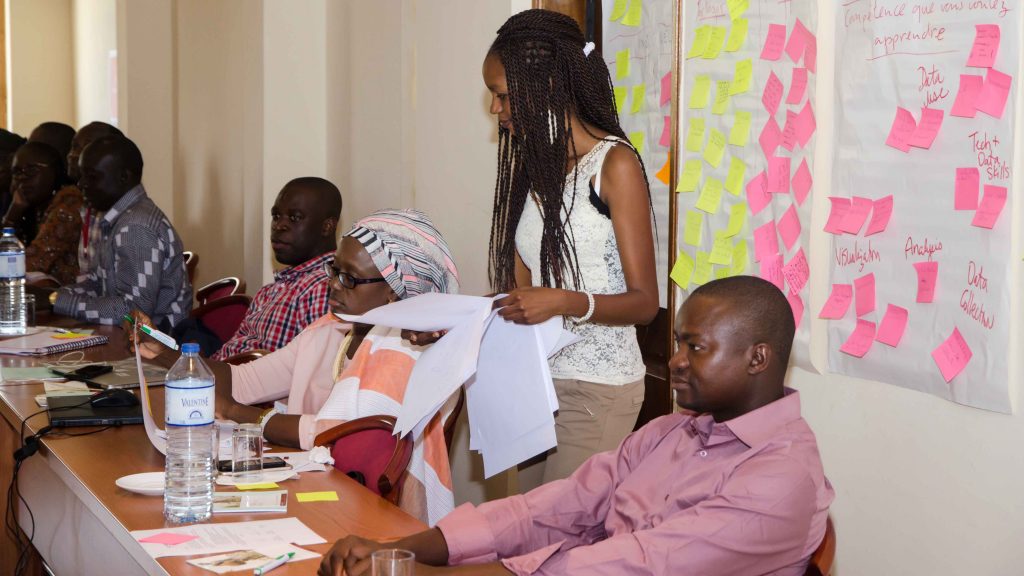
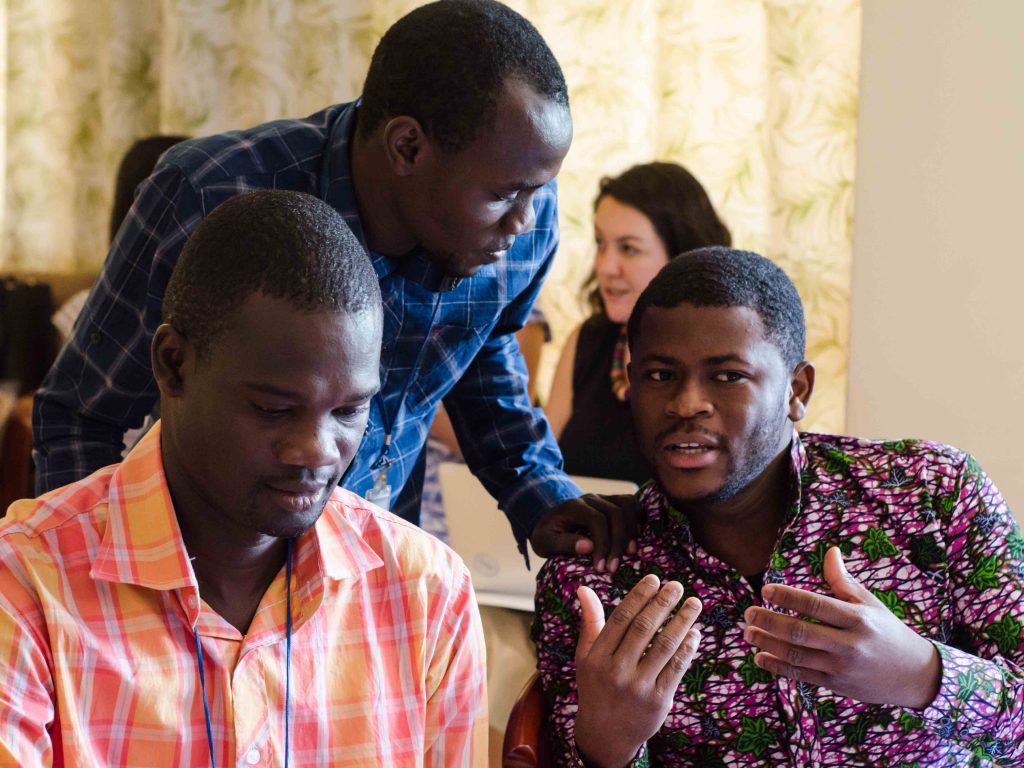
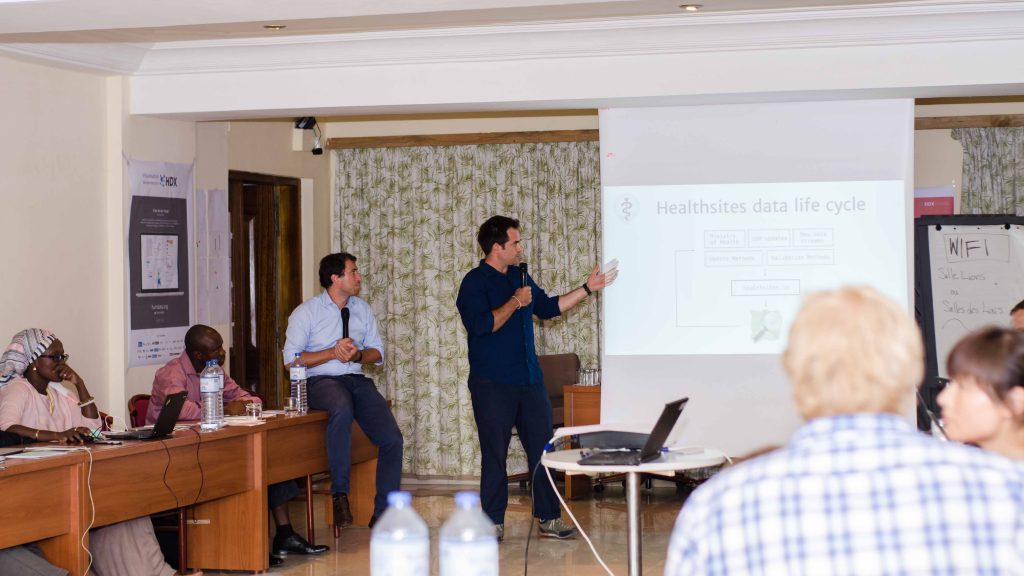
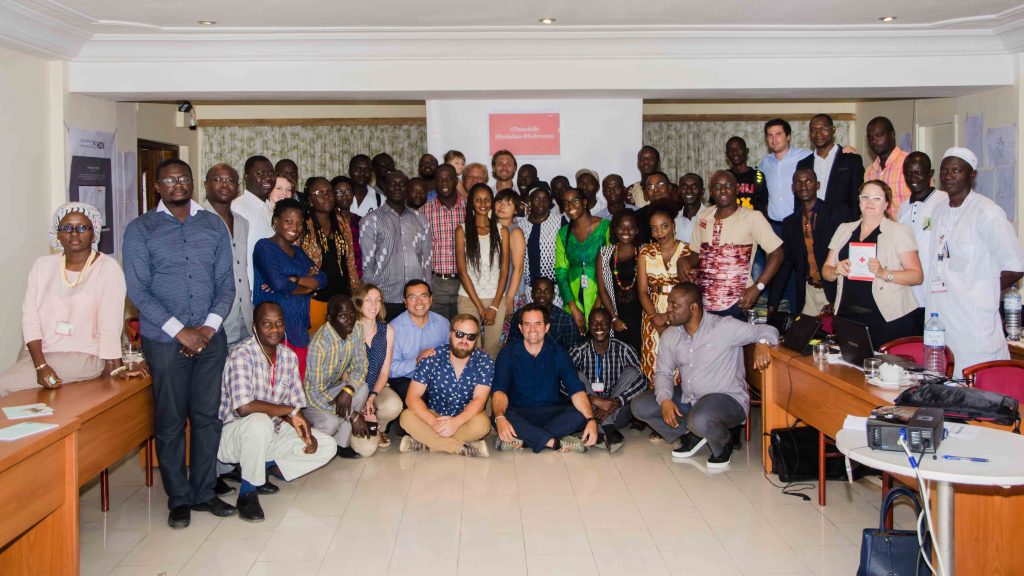
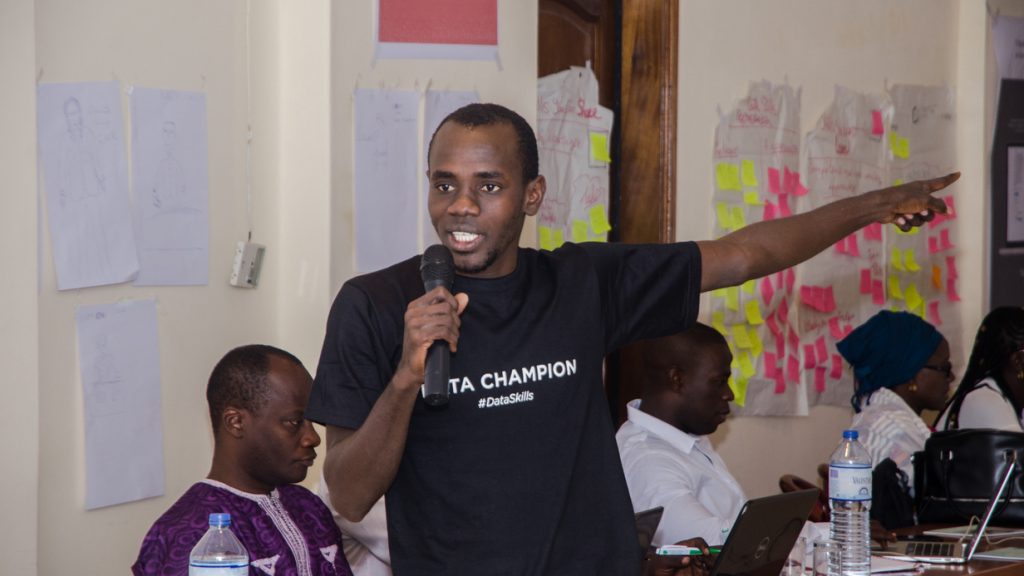
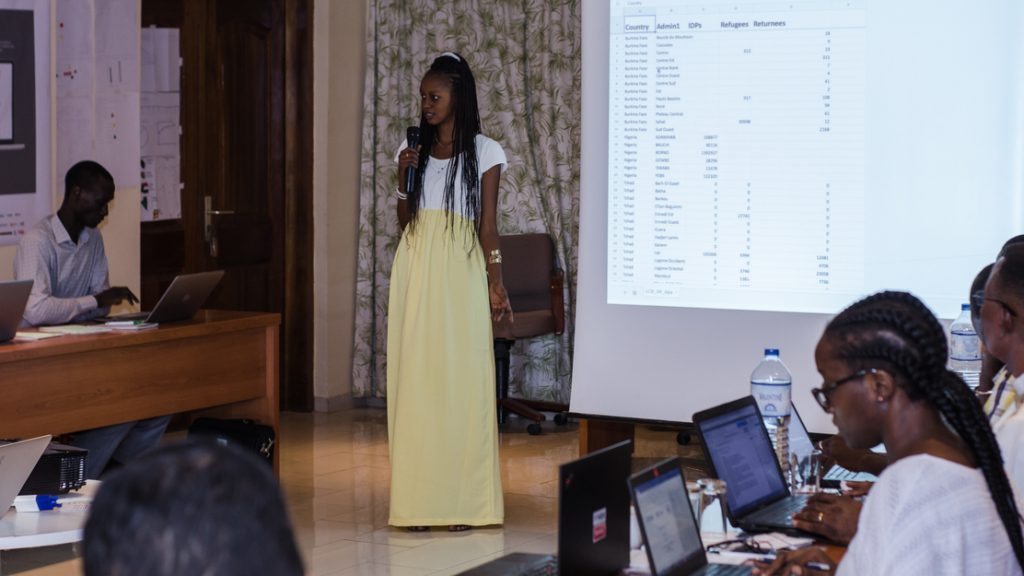
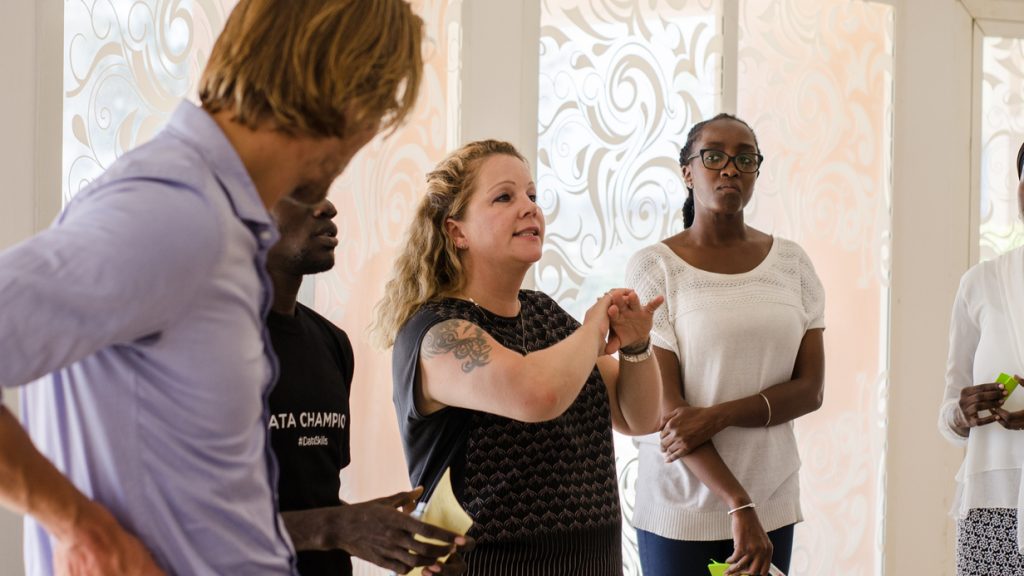
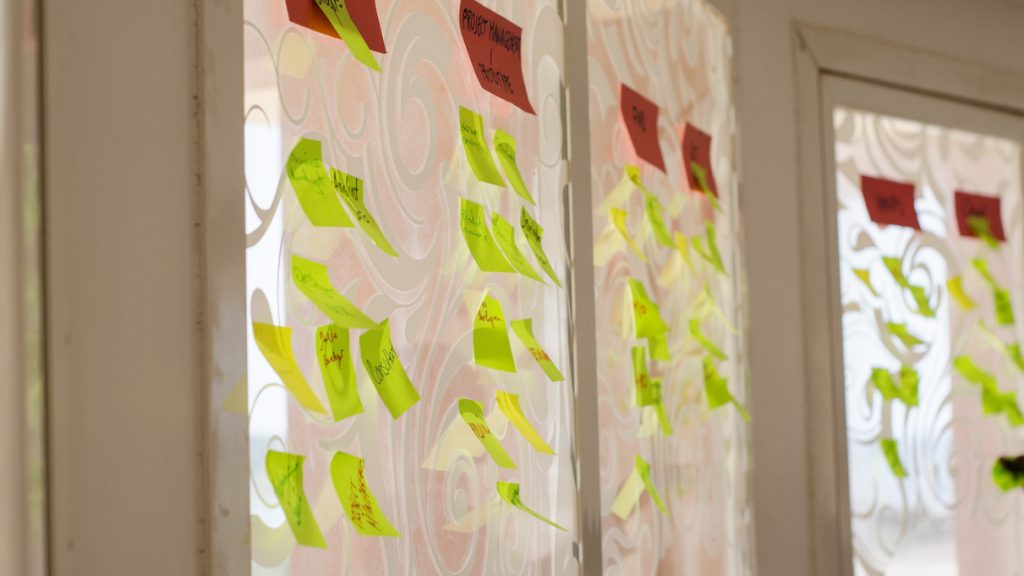
would love to attend trainings if there are any
wbidad2001@gmail.com